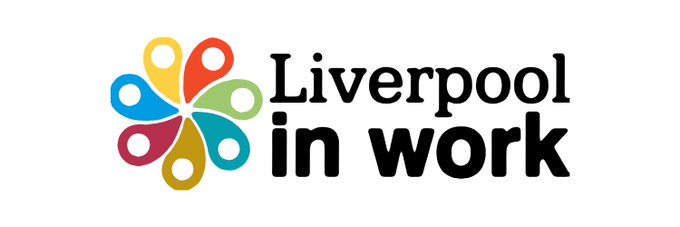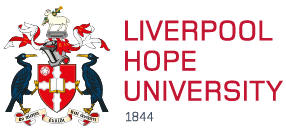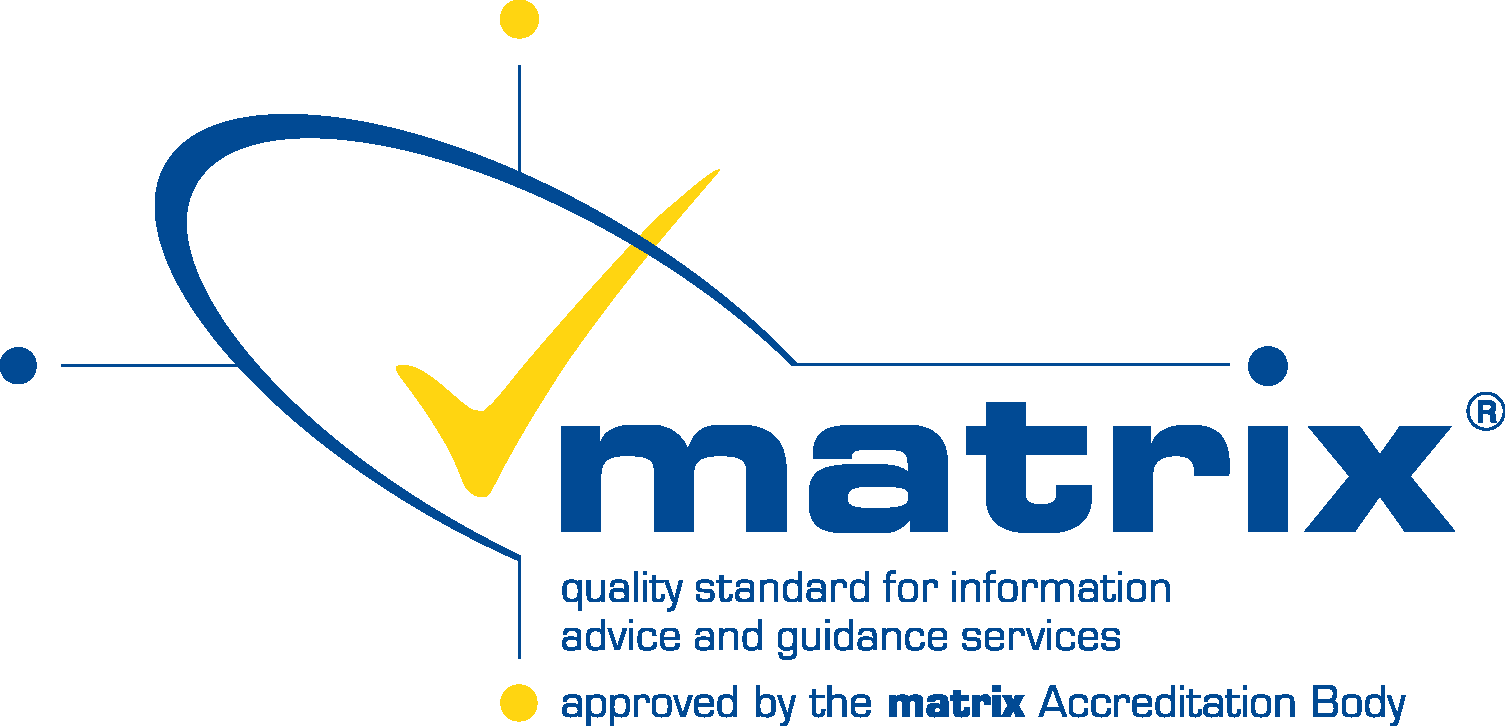
The accreditation also assessed, through direct feedback, the quality of the services and how information is shared with all partner organisations.
An important part of the process is the use of learner feedback. As well as recognising the high quality of IAG at edt, the flexible standard is also a requirement for many ESFA (Education and Skills Funding Agency) and ESF (European Social Fund) funded contracts. EDT achieved the award after being given a rigorous assessment which reviewed all aspects of the our IAG provision.
![]()
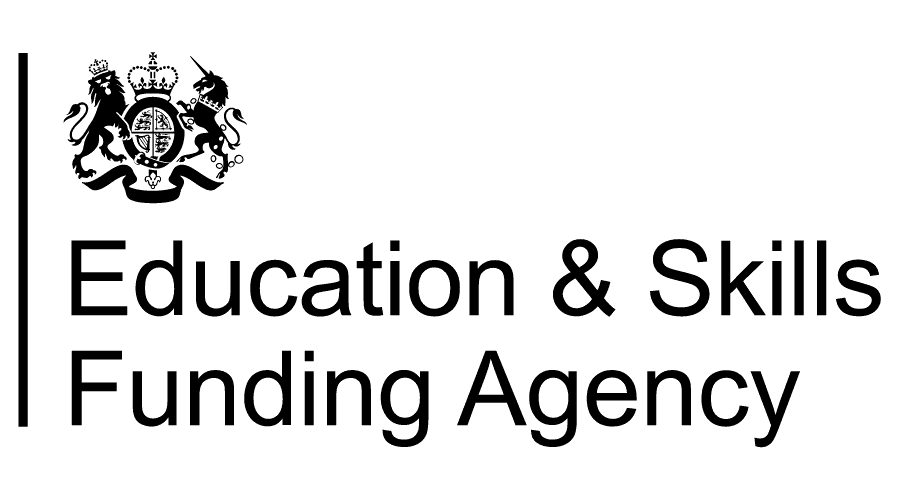
Benefits of The matrix Standard
There are many benefits to working towards matrix accreditation, including:
- Improved systems.
- Resources better deployed.
- Growth in internal capacity and productivity.
- Continuous improvement as a way of life.
- Robust relationship between strategy and operations.
- A boost to confidence and competence.
- Improved team working.
- A valuable feel-good factor.
- Clear payback on the investment in information, advice and guidance support.
Colleges, Schools and Academies, Sole Traders, Next Step Providers, Voluntary and Community Organisations and Private Businesses.
Organisations are awarded the accreditation when they have shown that their IAG service/s meet the matrix Standard. There are currently 2084 organisations accredited to the matrix Standard.
National Career Service (NCS)
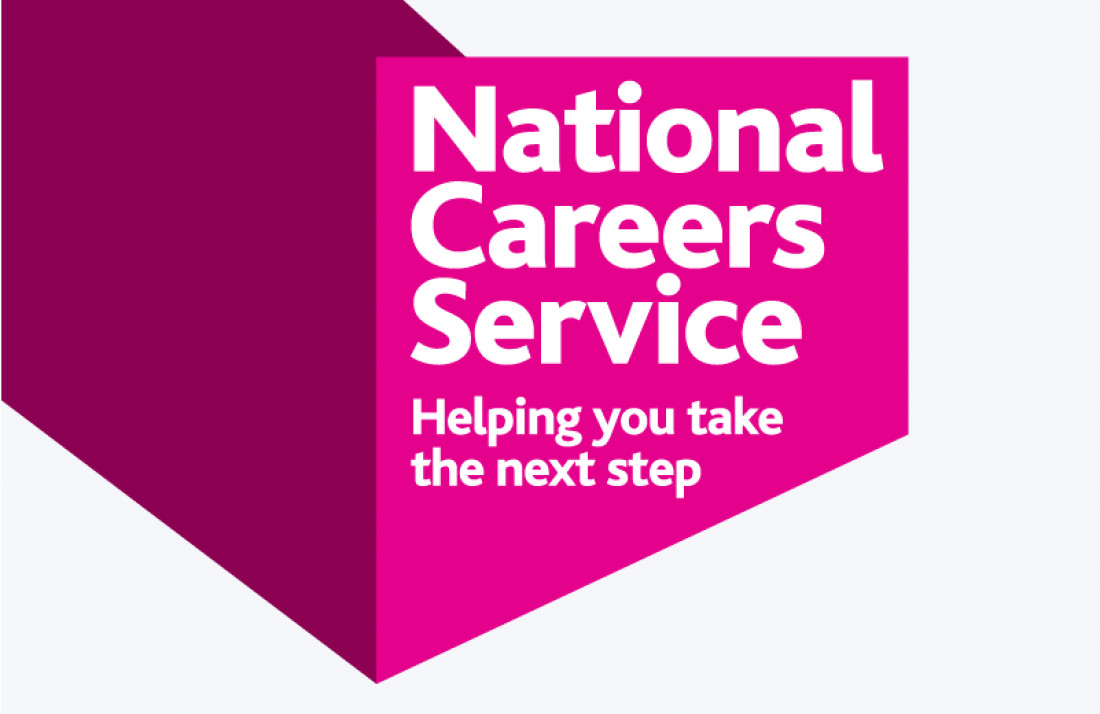
What is the National Careers Service?
NCS provide further free personalised information, advice and guidance to help you make informed choices and get into work or progress in your career. They do this by helping you to:
- Explore your career options
- Understand the local job market
- Develop or enhance your CV
- Search and apply for local jobs
- Identify local opportunities including volunteering
- Develop your interview skills
- Apply for training and online learning
- Build your confidence.
The National Careers Service provides anyone with life long careers information, advice and guidance to help you make good career choices, no matter what stage you are at in your career. Their careers advisers can help you plan for your future, be more confident about your skills and more prepared to deal with changes you can’t predict.
For more information about NCS and what they can do for you, visit the gov.uk National Careers Service page
Looking for work or training?
If you’re unemployed, over 16 and live in Liverpool, Liverpool In Work's apprenticeships, training opportunities, job clubs and one-to-one support can give you the skills and confidence you need to get back to work.
See their latest job vacancies and training opportunities here
CV help and advice
Need help with your CV> – you can contact Liverpool In Work for help and advice - or go directly to their CV Writing quick Tips page
Call them on 0151 233 5312 for more information
Progression Routes

One of the core aims of EDT is to help you progress towards your goals. If you're looking to enhance your employment or career options - or move on to college / university or further training, we're here to support and guide you. We'll discuss your options, and assist with further course applications. See links below to some of the routes former EDT students have followed - and organisations that EDT has signposted them to.
Hugh Baird College - English and Maths Courses
Hugh Baird College - Access to Higher Education
The City Of Liverpool College - IT Courses
University of Liverpool - Access to Higher Education Diploma
Hope University - Access Courses

Case Study
Philip, aged 52, from Kirkdale.
Learner with Everton Development Trust (EDT).
Philip was born in Lebanon and moved to the UK when he was 5 years old, growing up in London. After leaving school Philip worked in the construction industry and his job took him all over the country. He settled in Liverpool around 2000 when he married his wife Joanne who hails from the vauxhall area of the city. He is a keen musician and likes to play his guitar in his spare time, occasionally performing in a band he has formed with his friends.
Philip continued working in construction until 2023 when he he had to give up manual labour due to chronic back pain. Looking for alternative employment, Philip decided to gain some IT skills in order to help him in his search for work and which would hopefully be useful once he found employment. He spoke to friends who had attended EDT and who assured him that the staff there could help him with this.
Philip initially enrolled on the Include-IT Mersey course. He soon realised that he had an aptitude for working on the computer and he enjoyed learning how to use the various Microsoft Office applications, parrticularly Word and PowerPoint. “I was loving it, creating slide shows and designing leaflets. I didn’t realise until then what someone like me, who hadn’t even used a computer before, was able to do once I mastered the basics of using each of the applications. I also learned how to find my way around the internet and to use e-mail. I could register with sites like Indeed and Total Jobs and I could do online job searches. I typed up a CV for myself and I put it online and used it with job applications. Before I came to EDT I couldn’t do any of this.”
“Speaking to other people in the centre I realised we all had the same worries about coming back into a classroom situation and we were all relieved to learn that we were allowed to drop in at hours that suited each of us and stay for a s long as we felt comfortable working. From the start I had one to one support from my tutor and I was encourage to get into the habit of coming in to do ‘a little, but often’ as it was explained to me. The learning started to stick and I soon began to pick up the pace.”
Philip completed the course in December 2023 and decided he wanted to develop his skills further. He enrolled on the ICDL course, which he does mostly by distance learning, attending the centre to take the exams he must pass to gain each unit of the qualification. He is still looking for work, but has a more positive and confident outlook when applying for jobs. “I feel now that I have something to offer employers and that makes me feel that I have a real chance when I apply for a job. I still like to get in to EDT and I will soon have completed my ICDL and I know that I can continue to come in for advice and help when I need it. I’m so glad my friends advised me to come to Great Homer Street.”
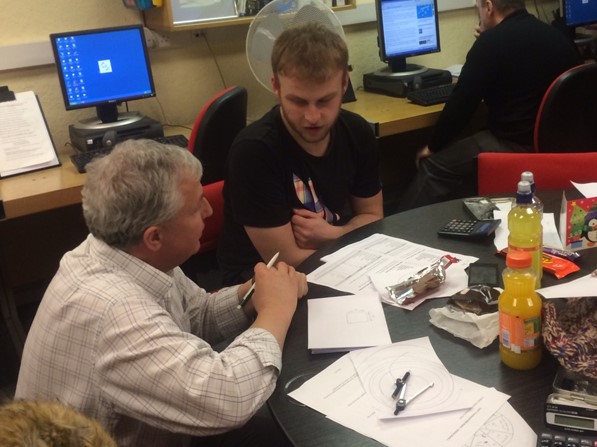



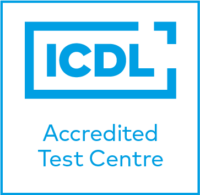
![]()
IAG Policy and Procedure
EDT promotes its services through a tried-and-tested recruitment and marketing strategy that effectively combines its activities with those of its partner agencies, community connections, employers and government agencies – all aimed at ensuring that information is accessible to all of our service users, with fully-embedded and bespoke IAG across all service delivery.
We provide services to all members of the community, with a specific emphasis on the unemployed / economically inactive, under-employed or those with no or low skills, lone parents and carers, mental health sufferers, disabled people, BAME groups, older learners and ex-offenders.
The following promotion methods are used:
-
- Existing outreach and online provision – currently engaging with a wide variety of service users at a number of satellite venues across North Liverpool. Within teaching and learning environment EDT’s Learner Handbook and Induction process are key service and IAG dissemination tools.
-
- EDT’s Community Learning Champions and working relationships with government agencies and city-wide key linkages across the Third Sector, educational institutions and employers. Key partners include but are not limited to: CABs, local Foodbanks, Children’s Centres, DWP and Jobcentre Plus; Liverpool Adult ADHD – Ladders of Life, Addaction, Inclusion Matters, EITC; Liverpool Community Learning Partnership, City of Liverpool College and Hugh Baird; Liverpool Lighthouse Sainsbury’s, EFC and LFC. Partners are kept up-to-date with our service offer through regular bulletins and face-to-face contact.
-
- High-visibility marketing through leafleting, posters and social media and EDT’s website and those of area-based partners. Additionally, favourable publicity through local print (community newspapers), radio and social media.
-
- Running interesting and informative taster sessions at public libraries, doctors’ surgeries, job fairs, community festivals.
- Engagement at RSL tenant open days; EDT already works very closely with several RSLs and their tenants delivering training initiatives – the key relationships are with TORUS, Plus Dane and Riverside Housing.
Naturally, given the diversity within our service users, we are able to take into account different needs by adopting or adapting new or existing engagement and promotion approaches based upon our community intelligence, experience and knowledge of what works best with particular kinds of service users or groups.
In terms of practical context, EDT delivers IAG which is impartial, high quality, embedded within all learning provision, and directly delivered to each service user by professionally trained EDT staff with strong support links to the National Careers Service and Career Connect, and has implemented the applicable aspects of the Government’s current Careers Strategy.
For example, in addition to ongoing circulation of job vacancies, mentoring and 1-2-1 support, IAG support is given to a community learner both throughout their learning and post-course, and takes the following form:
- An ILP is developed with the learner, utilising RARPA best practice principles and schematic, that also incorporates a detailed IAG section and Action Plan that is focused from the outset on the most appropriate and best fit progression, with impartial and informative advice that guarantees each learner is aware of all their potential progression options.
- Both the ILP and IAG Action Plan are regularly reviewed by both tutor feedback and learner input for relevance and monitoring against goals and career aspirations.
- At their course’s end, the learner has an Exit Review – with specific emphasis on their IAG Action Plan and follow-up support and progression options, including periodic post-programme tracking at 3, 6 and 12 months.
Crucially, service users see a direct correlation between courses offered by EDT and the results of Learner Voice Consultations; ensuring that provision has community credibility that encourages and attracts learners, along with enabling local partners to refer with absolute confidence knowing that EDT’s impartial IAG will signpost or support to the most appropriate provision. Additionally, direct feedback from employers and partners to learners regarding required skills and opportunities further enhances this engagement model. Under-represented and vulnerable groups are also sure to have their needs supported through internal expertise and knowledge but also by extensive specialist support partners.
For further information, contact Andrew Williams on (0151) 298 2478
email: andrew.williams@edt.org.uk

